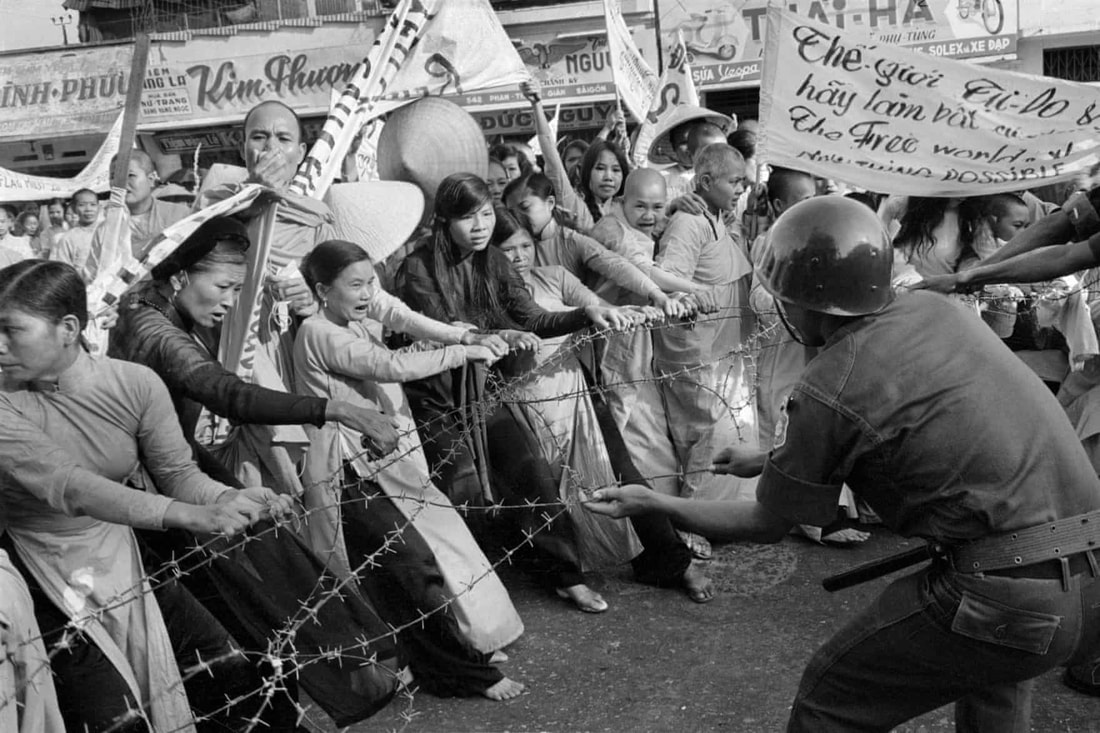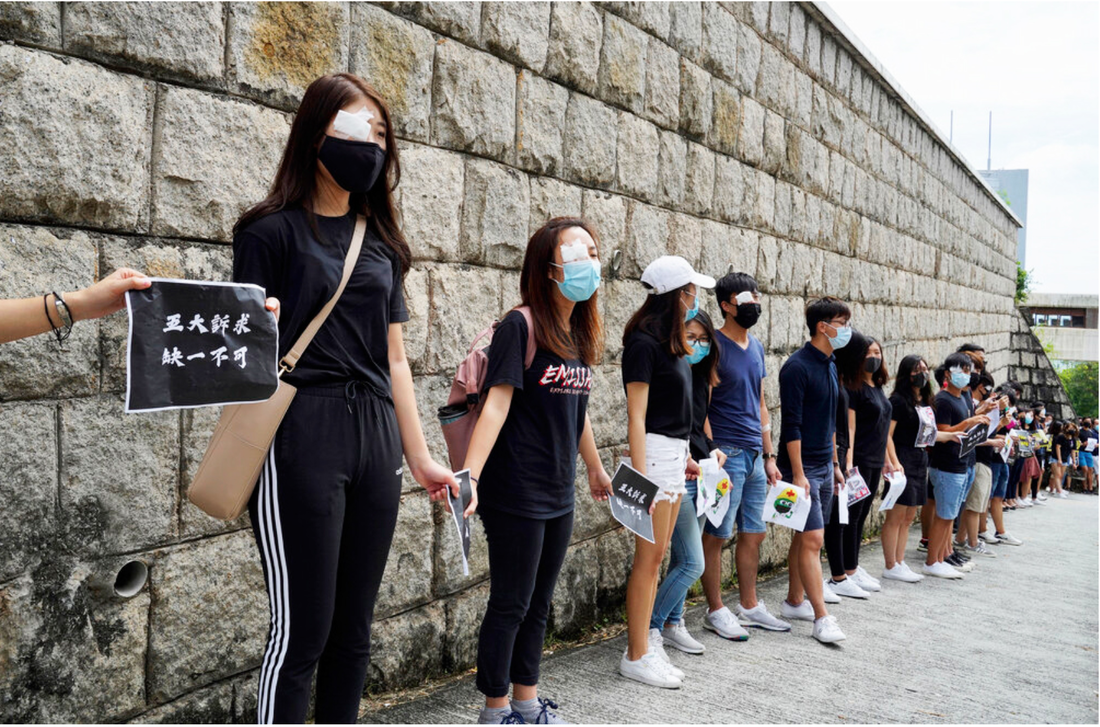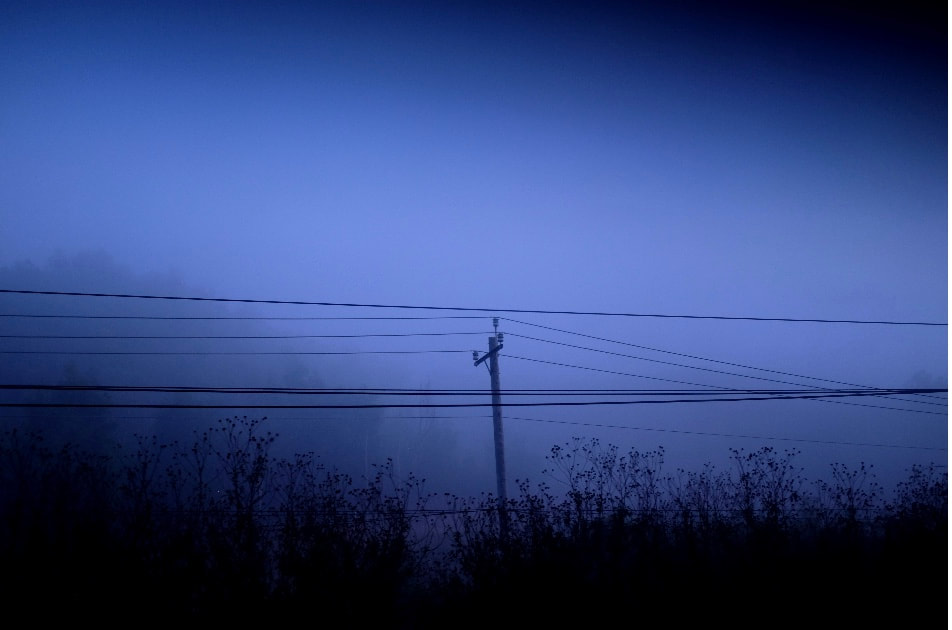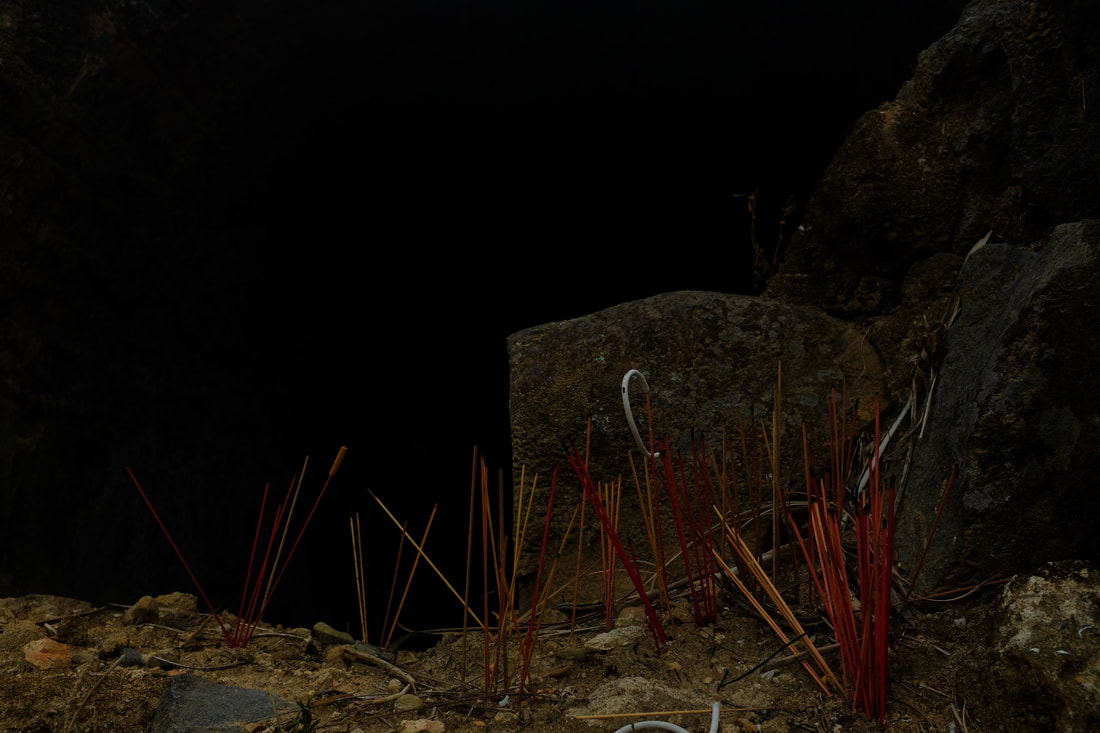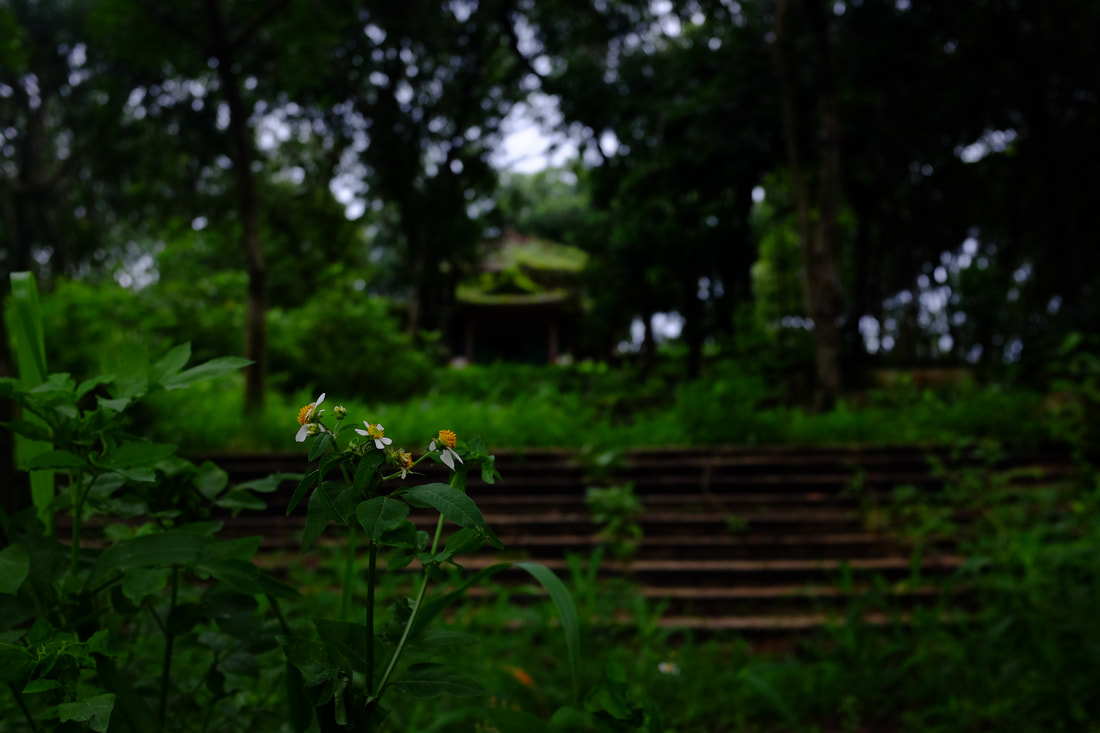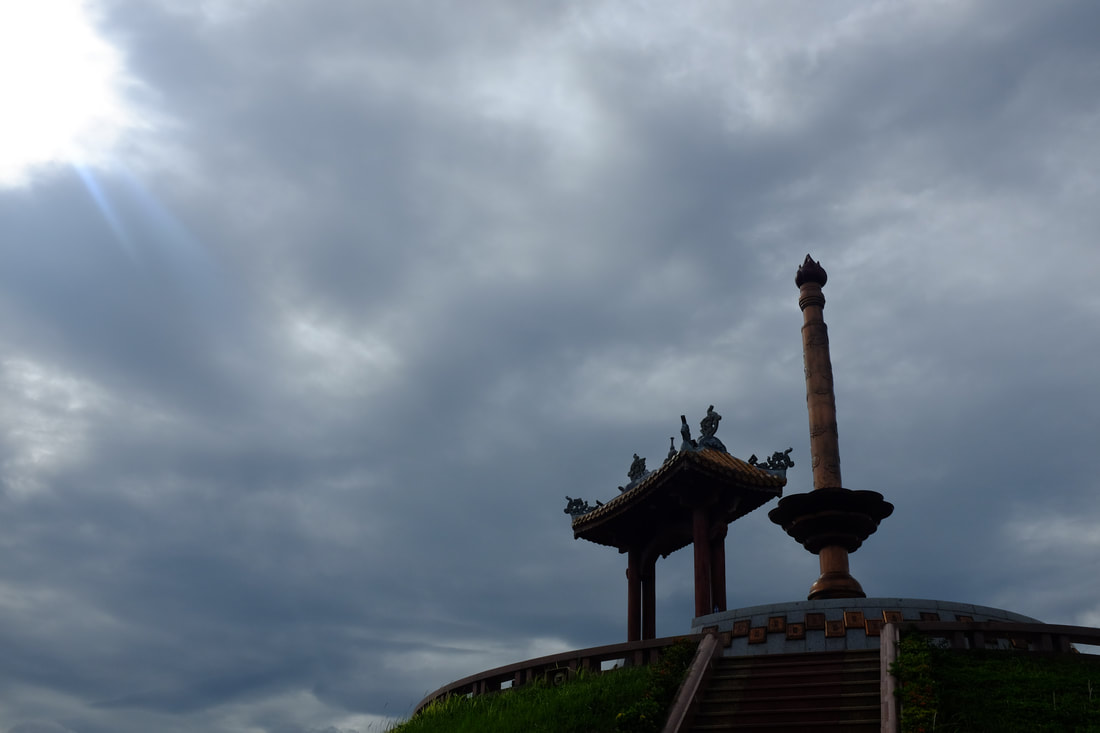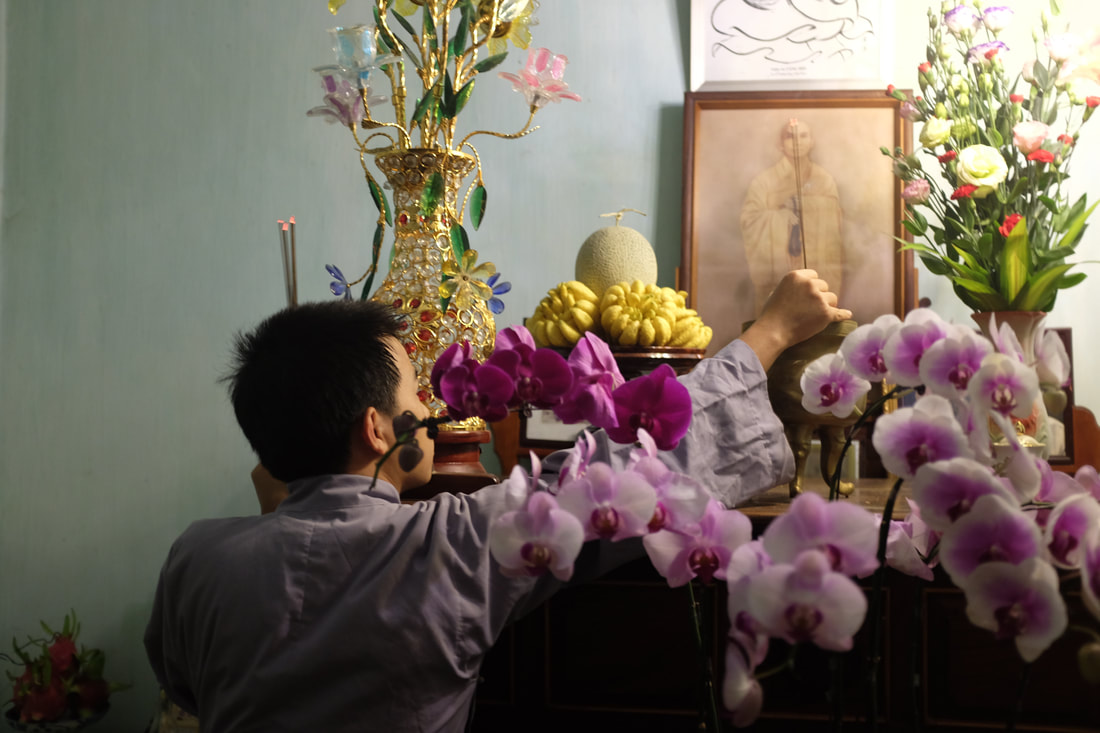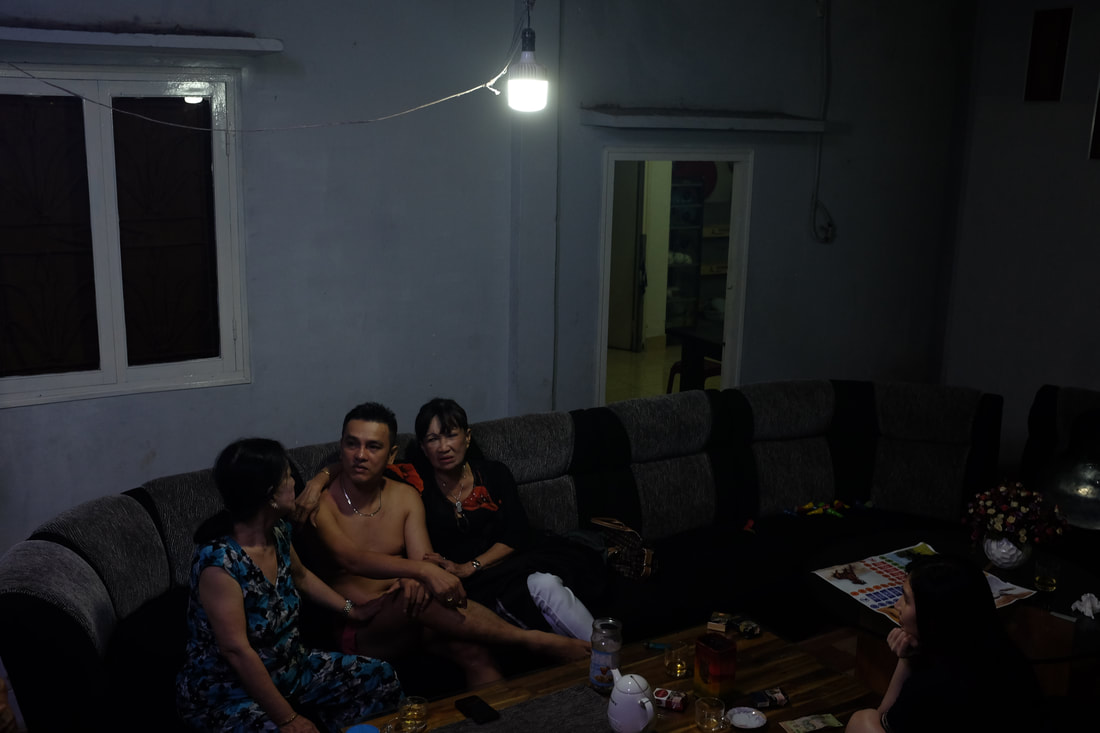|
Photograph: Horst Faas/AP Today, Hongkong is on fire. From afar I see students fighting for things that matter to them: justice, home, ways of life and each other. It is as if I am witnessing my history reverberating itself. During the colonial era, students and intellectuals in the North organized people within the oppressed people within the country and around the world to find ways to overthrow the French and create a more just and equal society. Back in the war, students of South Vietnam were protesting and fighting against religious discrimination and authoritarian. They, too, were in the streets, with their altars against tanks, with hearts against hatred, with their flesh literally ablaze in fire of their own will. Some other people left behind their city lives to live and fight in the juggles, sometimes for up to ten or fifteen years without seeing their family. No matter what paths they took, people stood up to protect justice, for peace, and a world they believed in. There were victories and there were losses, and I stand with my head held high today because of both. Yesterday people fought in the streets, in battlefields, and on the high sea, so today I can stay in school. My ancestors have crossed hell and heaven for my life, for our lives to be possible. And as I came to know the stories of my story, I left feeling guilty and confused. From deep within, I don't know if I am truly living. Frankly I feel like a coward, and a walking dead, without a purpose to my life, but reaping the benefits and privilege possible because of the fights of the past. I felt a deep despair when I knew that the way I was living my life--ignorance, detached and indifference--was not worthy of the sacrifices that were made for me. And thus, I asked myself: what are my responsibilities? To the past and the future? How can I help my country prepare for the catastrophe of climate change and Chinese Imperialism that is already happening? I don't know if I am alone among my Vietnamese peers in asking these questions, but it sure does feel lonely most of the time. I go to school to convince myself that I am getting the tools I need to do the work I needed to do, but it's hard to do so when the world is on fire. I feel as if the more theories and intellectual arguments I consume, the further away I feel from home, from my people, and from the truth. And at the end of the day, I left to ask myself: what kind of tools do I really need? When what I need to learn most is courage. Tonight seeing the escalation of violence at its apex in Hongkong, my heart is twisted. I want to stand with them and fight with them. I would because the things they are fighting for are precious. Home gives our frail lives meaning. Home is where we can be fully human in the ways we know how. At its core, to protect home is to protect our memories, truth, and humanity. The battle against imperialism (Chinese or American) was never really over. For the most powerful authoritarian in the world, its prey now are Hongkong, Tibet and the Uighurs. Next, it will be Taiwan and Vietnam. Our liberation and peace were never separated. We are kin in our struggle for self-determination and freedom, and we must stand up, out and in with our brothers and sisters in our own ways. And when that fateful and catastrophic day would again, befall upon my country, I too, would protect my home from China or Climate Change, or both, in the best way I know how. Photograph: AP When I see people who are sixteen, seventeen, or eighteen putting their lives on the line, I feel a deep sadness when I see no victory in sight, as if the battle for justice is never-ending. But maybe that is the point. We keep on fighting despite the result, so we can tell our children and grandchildren later on we’ve showed up when history demanded, and that we did not give up without a good fight. We’ve let our human conscience guided the way, and that is a victory in itself. That is the legacy that will live on as the battle for justice continues to unfold generations to come. When I see my comrades from afar willing to die to follow their heart, I feel heartened and I feel proud. And more than that, I feel as if my soul strengthened. Seeing them fight courageously makes me want to be braver. I hope when the time come for me, I can be as brave and fight my fight with every fiber of my being. I hope I can die knowing that I’ve fulfilled my destiny and played my part in history, however small, however fleeting. And if fate permits, I hope I can raise my students to be just as morally courageous as them. These are my promises to myself, so this little life can be worthy of my ancestors' sacrifices and trust. A monk once asked me: what makes your heart beat? I didn't know then, but i do know now. It is the fire and grief raging across the world. It is justice, love and self-determination. It is people who are holding their head up high for what's right and just. It is freedom on the other side of the struggle. Everybody has their own battle, their own frontline. Just because we are living in temporal peace now doesn't mean we should be complacent. Our comrades in Hongkong are fighting on their frontline, and i think the best way to be with them other than aiding their agendas or raising awareness, is to fight our own frontline. Our frontlines can be healing our trauma, loving ourselves, teaching students, helping to free activists, etc. We might not now what our frontline is, and I think that is ok. I must admit I am still searching for mine as a Queer Vietnamese-American Buddhist, and part of that is letting the frontline chooses me. In the meantime I will continue to ask questions and surrender myself to the answers, while keeping in mind this piece of wisdom from the Tamud: "Do not be daunted by the enormity of the world's grief. Do justly, now. Love mercy, now. Walk humbly now. You are not obligated to complete the work, but neither are you free to abandon it." And thus, tonight, and every night to come, I shall ask myself: What am I willing to die for? What is my frontline? What have I done today to be of meaning, or worthiness? How can I lead my life in a way that honors my ancestors and comrades? I will not let go of these questions, and I pray that these questions will not let go of me. Hongkong, you’ve put up a good fight. History will remember. We will remember. I will remember. The fight is not over nor will it ever be over. May our lives be prayers of remembrance for the sacrifices of the past, present and future. For now and for all time, may our lives be prayers for love, truth and justice. My Vietnamese brothers and sisters, what are you willing to die for? what is your frontline? Vào một buổi chiều trong hiên chùa Từ Đức, Cam Ranh, tôi ngồi giữa những hàng cây mát rượi và đọc những chương cuối của cuốn tự truyện của sư cô Chân Không. Trong đó có một bài thơ tôi rất thích của Trụ Vũ: Giấc mơ bé nhỏ vô cùng Một căn nhà lá ba vồng khoai lang Thế thôi mà lạy mười phương Ba mươi năm lẻ chưa tròn giấc mơ Khi đọc xong, tôi gấp sách lại và nhìn lấy những gì quanh tôi như lần đầu tiên: cây cối, mây hồng, một bầu trời ngả tím và một sự bình yên bất diệt. Trong giây phút đó, tôi ngó ra con đường đơn sơ của một nông thôn rất đỗi mộc mạc và hiền lành ngoài chùa. Tôi thấy một chiếc xe tải chạy dọc qua con đường bình yên đó, và tôi chợt nhận ra rằng: tôi đang sống trong hòa bình. Một nhận thức rất đơn giản, nhưng thâm thúy. Thâm thúy vì tôi nhận ra rằng người Việt chúng chưa bao giờ được sống trong bình yên quá 50 năm. Nhìn những cãnh tượng hết đổi bình thường quanh tôi qua con mắt của tổ tiên—những người hằng đêm phải ngủ với tiếng bom đạn, những bà mẹ và trẻ em vô tội phải chết oan khi chưa được thật sự sống, và những người đã đi chân không và sống trong rừng mười năm, hai mười năm, ba mươi năm với ước ao hòa bình độc lập cho những người đi sau như tôi. Tôi bỗng càm thấy những giây phút này thật thiêng liêng, thật quí giá. Như một giấc mơ, rốt cuộc hòa bình cũng đã đến trên mảnh đất này. Tôi mỉm cười, hít một hơi thật sâu, và ôi chao, không khí buổi chiều sao bình yên, sao dễ thương, sao cảm động lạ thường. Trong tôi trổi lên một niềm biết ơn sâu sắc rằng tôi được sống trong hòa bình thay cho ông bà tôi. phương Tây tím một hoàng hôn pha cam hồng phấn mây ôm mặt trời bình yên một cõi đi về gió reo qua núi nhiếp vào tâm không mắt ta xao xuyến nhìn trông cho người đi trước và người đi sau thanh bình ôi một khúc ca xướng qua trời đất vượt khỏi thời gian cho người chiến sĩ chân thành cho người ngã xuống chưa nằm yên xuôi cho non núi hãy chưa bình cho dòng sông đã nhuốm nhuần khổ đau Sau tất cả, cuộc sống vẫn tiếp tục diễn ra, chiếc xe tải vẫn tiếp tục nhẹ nhàng chạy về phía mặt trời lặng, và người dân quanh đây đang chuẩn bị đi ngủ sớm sau một ngày làm việc mệt mỏi. Dù cuộc sống còn có bao khó nhọc, bao bất công xã hội, bao oan ức, chúng không quá dày vò và đau xót như những vết thương rướm máu bỏi bom đạn, như những mất mát và dằng xé trong chiến tranh. Cơn ác mộng đã qua rồi. Chúng ta có cơ hội sống rồi. Tôi biết rằng chiến tranh vẫn đang diễn ra ở Yemen, Syria, Palestine, Afganistan, etc. Và chiến tranh vẫn còn có thể diễn ra ở Việt Nam trong tương lai. Độc lập tự do và công lý chưa thật sự có mặt cho mọi người. Hòa bình thật sự vẫn chưa được có cơ hội. Nhưng trong giây phút này, nó đã bắt đầu có mặt trong tôi, và cho chúng ta. Chỉ một phút thôi, hãy cho tôi thở. Cho tôi được biết ơn. Cho tôi được có mặt… Violence happens abruptly
The world spins in ways we can never know for certain. Uncertainty is the only certain thing We will never know for sure what will happen But know for sure who we will be No matter what happen don’t flinch “Nhẹ bước chân và nói khẻ thôi
Cho đồng đội tôi nằm yên dưới cỏ Trời Quảng Tri trong xanh và lộng gió Ru mãi bài ca Bất tử đến vô cùng.” -Phạm Đình Lân Với một phút chánh niệm
Muôn ngàn yêu thương tràn về Với một trái tim rộng mở Muôn vàn tiếng gọi trôi về thế gian Đò lên Thạch Hãn ơi...chèo nhẹ
Đáy sông còn đó bạn tôi nằm" (Lê Bá Dương) Ngày xưa nhớ có lần mẹ tôi đã khóc khi nghe hai câu thơ này được đọc lên trong một dịp lễ kỉ niệm Ngày Thương binh Liệt sĩ. Lúc đó tôi chưa hiểu điều gì làm mẹ xúc động đến vậy. Cho đến hôm nay, khi đứng trước con sông Thạch Hãn, đã hiểu thêm về hoàn cảnh lịch sử và những mất mát gắn liền với dòng sông, tôi không kìm được nước mắt khi chia sẻ bài thơ với các bạn trong nhóm. Những dòng thơ da diết làm tim tôi trĩu nặng. Hồi 3: Nói chuyện với Tổ Tiên và con đường tâm linh 'về nhà Lần đầu tôi được đi đến Làng Mai là vào cuối mùa hè năm 2017, khoảng thời gian tôi vừa tốt nghiệp đại học và vẫn còn rất bỡ ngỡ với cuộc đời. Khi bạn kết thúc một chặng đường dài mà nó dường như đã trở thành một điều tất yếu trong cuộc sống, hay thói quen vô hình của bạn, bạn sẽ bắt đầu hoang mang về tương lai, về sự bất định của những điều sắp tới. Và trong lúc tôi yếu đuối nhất, những cảm xúc tiêu cực lẫn sang chấn mà tôi đã dồn nén trong suốt 15 năm đi học bỗng từ từ ùa về. Tôi chịu không nổi nữa, nên tôi quyết định nghe theo con tim mách bảo và bắt đầu xách ba lô lên đi. Đó là lần đầu tiên tôi đi du lịch một mình, tôi sợ hãi vô cùng, nhưng tôi biết đó là điều tôi cần
Part 3: Return to Vietnam, Summer 2014 what does it mean to return home? where do I belong? Có ngồi quay quần bên nhau
Mới biết ta đã xa nhà bao năm when we gather around each other suddenly I was aware I’ve been away all along |
intro8/1/19 ~ 8/10/19 archives
November 2019
Categories |
